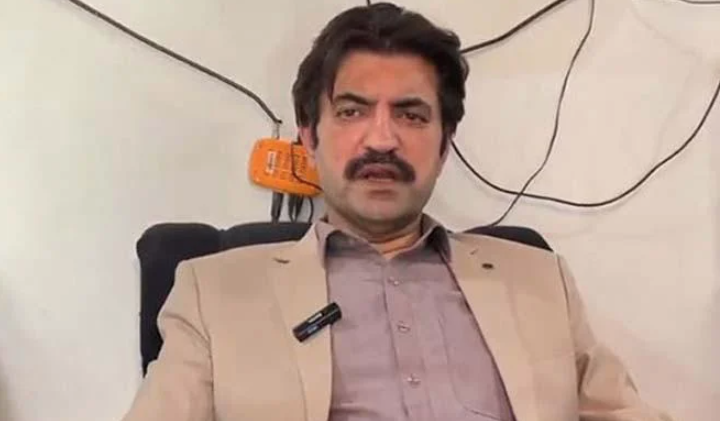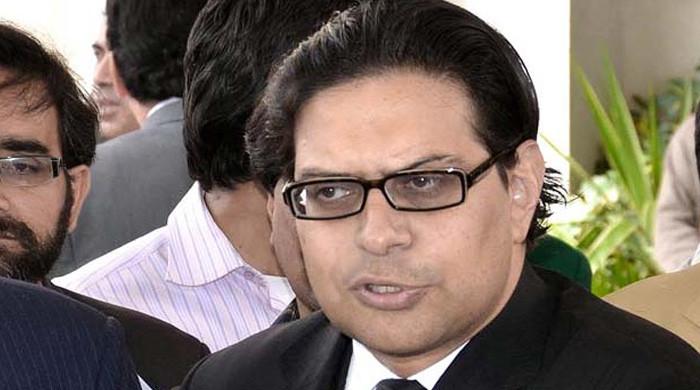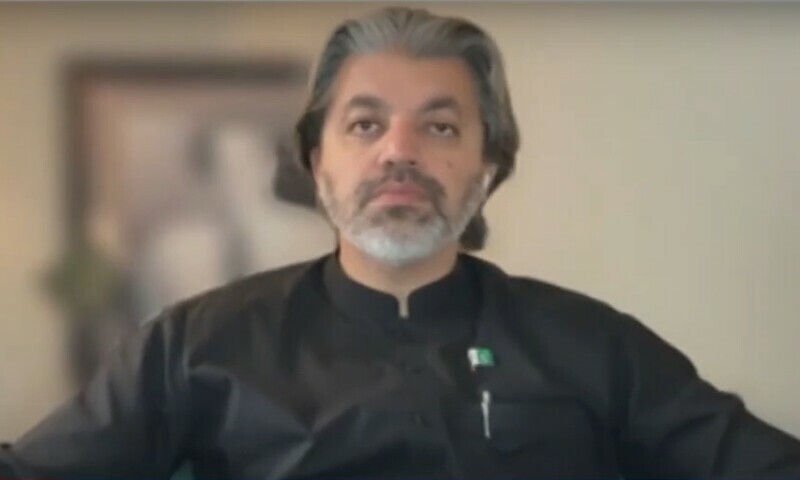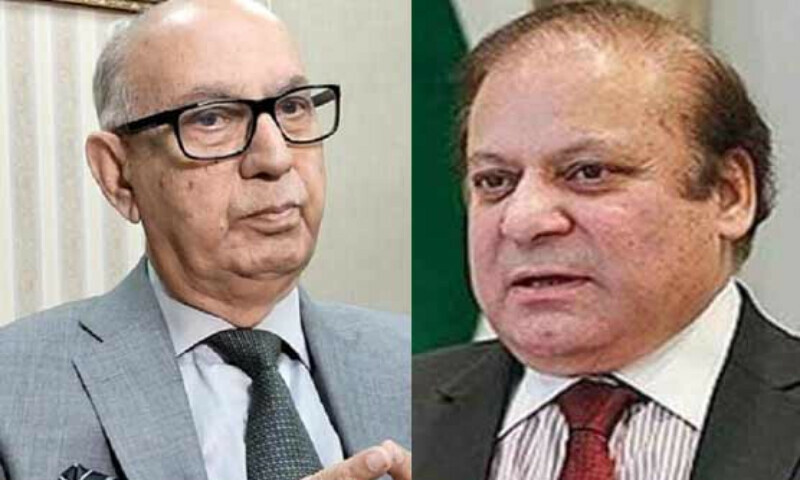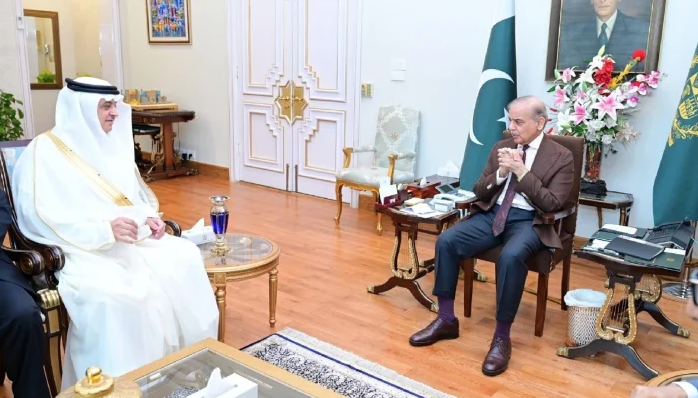POLITICS & POLICY MAKING
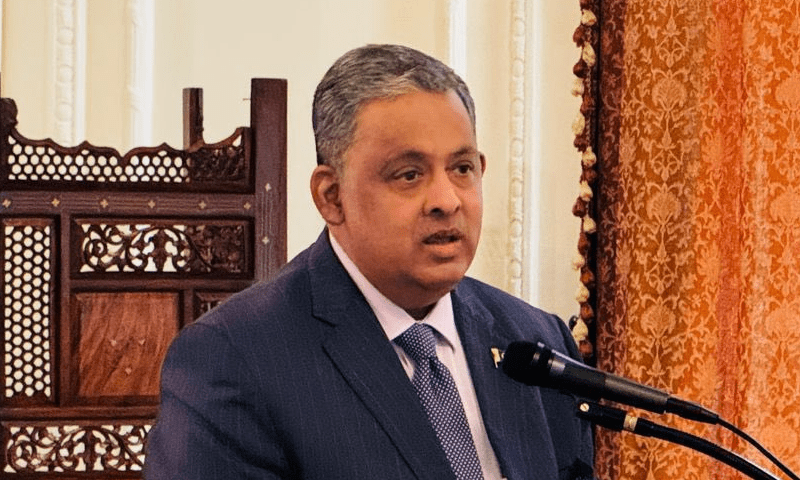
Pakistan’s Ambassador to the United States, Rizwan Saeed Sheikh, has called on the international community to resolve the longstanding Kashmir dispute, describing it as the “core issue” behind the escalating tensions with India following the April 22 Pahalgam attack, which killed 26 people, mostly tourists.
In an interview with Fox News Digital, Sheikh highlighted the urgency of addressing Kashmir, warning that any miscalculation could lead to a nuclear confrontation. “This is one nuclear flashpoint,” the envoy said, emphasizing that regional stability hinged on resolving the conflict.
Sheikh urged the United States, particularly President Donald Trump, to play a constructive role in the crisis, recalling Trump’s past statements on being a peacemaker. “Not with a Band-Aid solution, but by addressing the core issue: the Kashmir dispute,” Sheikh stressed.
The diplomat’s remarks come amid heightened military alertness in the region. Following the attack, India implied cross-border involvement without providing evidence, a claim Pakistan has categorically denied. Instead, Islamabad has demanded a neutral and transparent investigation into the incident, warning against “premature accusations” that could inflame tensions.
“Within minutes of the attack, India began levelling accusations against Pakistan,” Sheikh said, noting that a so-called investigation report surfaced just ten minutes after the attack, despite the area’s remote terrain. He further pointed out that the suspects were reportedly Indian nationals, and their homes had already been raided.
Pakistan has since reinforced its military positions, fearing a potential Indian incursion, while India’s leadership has reportedly granted “operational freedom” to its armed forces. The Pakistani military has warned of a “resolute” response to any aggression.
Sheikh also condemned India’s decision to suspend the Indus Waters Treaty (IWT), terming it “grossly illegal”. The treaty, brokered by the World Bank in 1960, had survived multiple wars between the two nations and is seen as a rare symbol of cooperation.
In Pakistan, Law Minister Azam Nazeer Tarar confirmed that Islamabad’s official response to India's move would be formulated in consultation with key ministries. Minister of State for Law Barrister Aqeel Malik added that Pakistan would approach international forums, including the World Bank.
Meanwhile, Pakistan’s diplomatic efforts continued on the international front. Deputy Prime Minister and Foreign Minister Ishaq Dar held phone conversations with Greek FM George Gerapetritis and Swiss FM Ignazio Cassis. Both ministers were briefed on India’s “baseless allegations” and Islamabad’s proposal for an independent inquiry.
According to the Foreign Office, the Greek FM “emphasised the importance of restraint” and welcomed Pakistan’s call for a transparent probe. Switzerland, too, expressed readiness to provide “good offices” to help facilitate a neutral investigation.
Dar reiterated Pakistan’s commitment to peace but warned that its sovereignty and national interest would be safeguarded at all costs. “We want peace with dignity,” Ambassador Sheikh concluded, cautioning against mistaking Pakistan’s restraint for weakness.
The situation remains tense as regional and global actors assess the growing volatility in South Asia — once again spotlighting Kashmir as a potential flashpoint for broader conflict.
